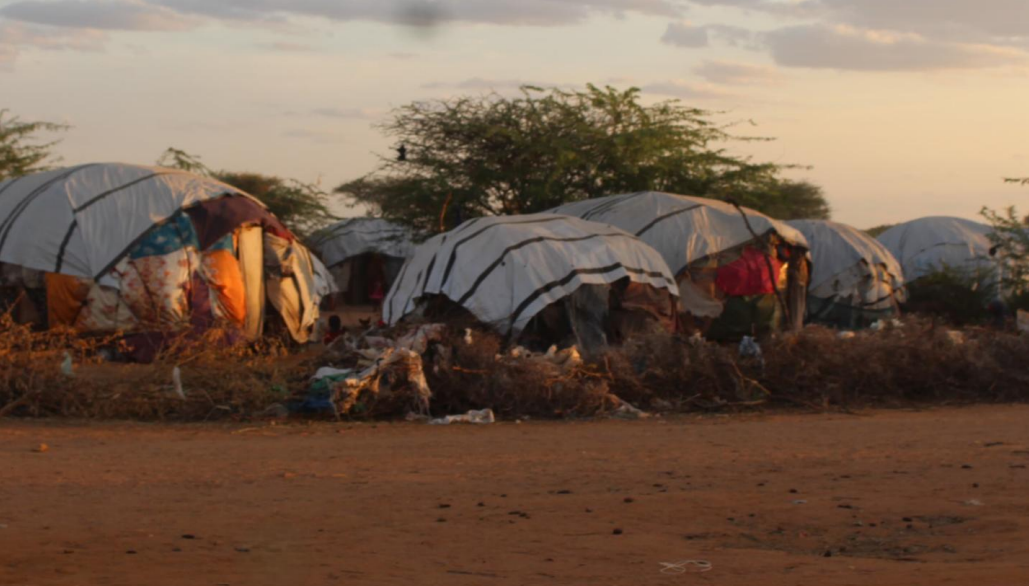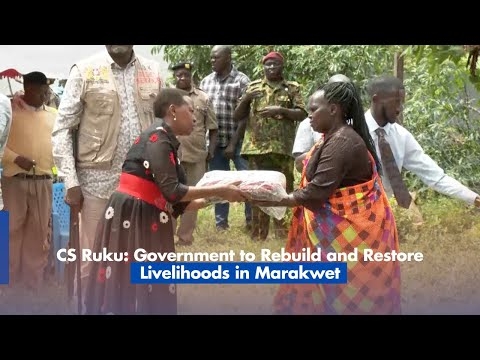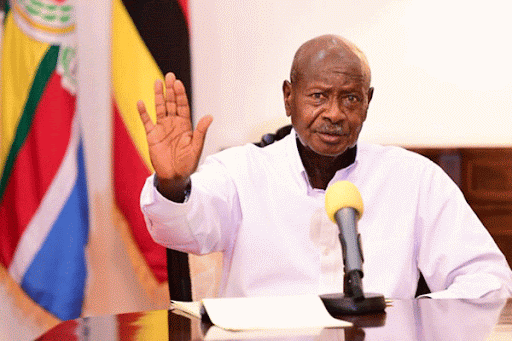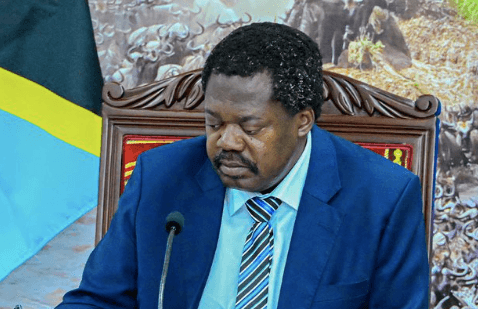

Amnesty International has accused the Somali government and
the international community of failing thousands of people displaced by drought
in southern Somalia.
The rights group says both have neglected their obligations
to protect those affected by the climate crisis, conflict, and poverty.
In a report titled ‘No rain, no food, no animals: The
human rights impact of drought and displacement in Somalia’ Amnesty says
authorities have left people without food, water, or healthcare as they flee
drought-hit regions.
The report documents the experiences of people forced to
relocate between 2020 and 2023 from southern Somalia to internally displaced
persons (IDP) camps and, eventually, to Dadaab Refugee Camp in Kenya.
“Somalia is on the frontline of human-induced climate
change,” Tigere Chagutah, Amnesty’s Regional Director for East and
Southern Africa, said.
“Somalia’s contribution to global warming is negligible, yet
its people are bearing the brunt of the climate crisis. High-income countries,
especially those most responsible for climate change, must step in and meet
their obligations to support Somalia.”
Amnesty based its findings on interviews with 177 displaced
people in Dadaab between September 2024 and March 2025.
The organization also spoke to humanitarian workers,
government officials, and climate experts familiar with Somalia’s situation.
The report highlights how prolonged drought since 2022,
intensified by global warming, has combined with conflict to devastate
communities.
Water sources have dried up, forcing people to drink
contaminated water and exposing them to cholera and other diseases.
Some people had to travel as far as 1,000 kilometres to
access treatment.
Food prices rose by up to 160 per cent compared to pre-2020 levels.
The sharp increase, coupled with dry farmlands and depleted stores,
made food scarce and unaffordable, leading to severe hunger and malnutrition.
Somalia declared the drought a national disaster in November
2021, but Amnesty says the government failed to increase its health budget to
the 15 per cent target set by the Abuja Declaration.
“Limited resources and ongoing conflict are not an excuse to
neglect international obligations,” Chagutah said.
“Having declared the drought a national disaster,
authorities should have ensured there were enough resources to protect those
affected.”
Personal testimonies in the report reveal the human toll of the crisis.
Fadumo, a 53-year-old mother of eight from Baydhabo, said she
abandoned her farm after years of drought and walked 24 hours to find water.
When she failed to find work in Mogadishu, she moved to Dadaab.
Bile, a farmer from Jilib, said his parents died after he
fled to Kenya.
“When the drought came, everything dried up. We quickly
finished our food. I moved with my wife and children, but my parents succumbed
to the famine after I left them,” he told Amnesty.
Amnesty also reports multiple displacements as IDPs were
forced to move again when drought or floods hit their camps.
Many sold their few possessions to pay for transport to
Kenya. Others walked for weeks without aid.
Chagutah urged Somalia to develop climate resilience
policies to prevent further suffering.
“The authorities must urgently come up with climate change
resilience policies that address the loss and damage experienced by vulnerable
communities,” he said.
The lobby group insisted that Somalia and the international
community must act immediately to avert more deaths and displacement.



















